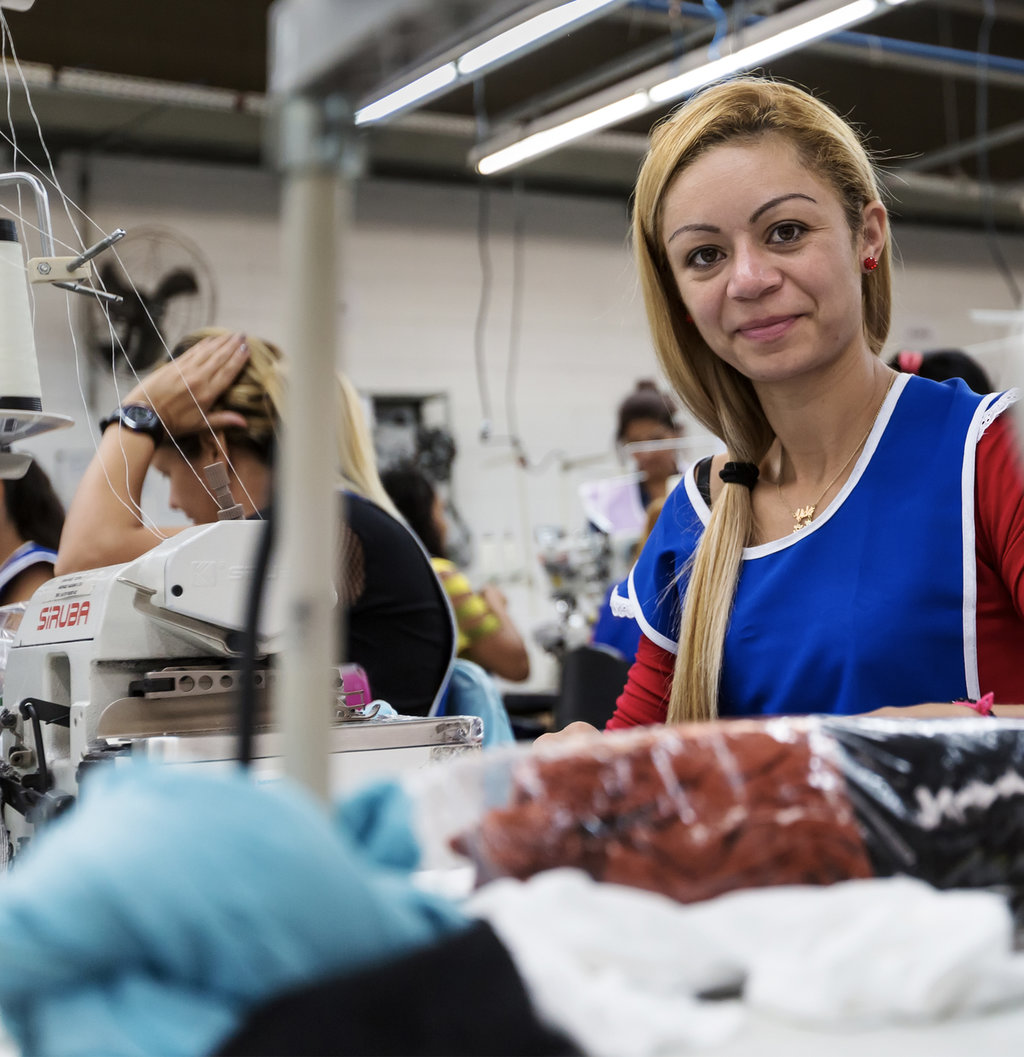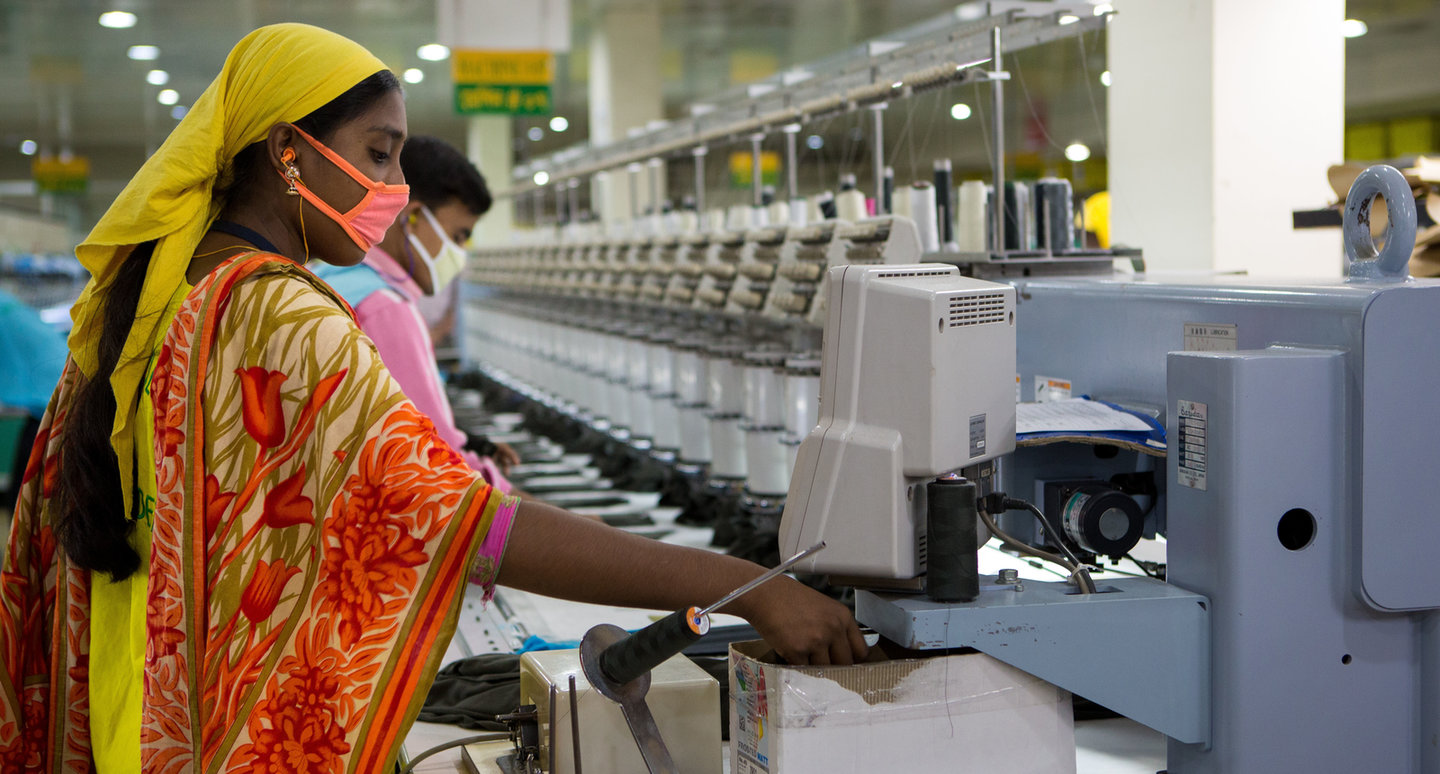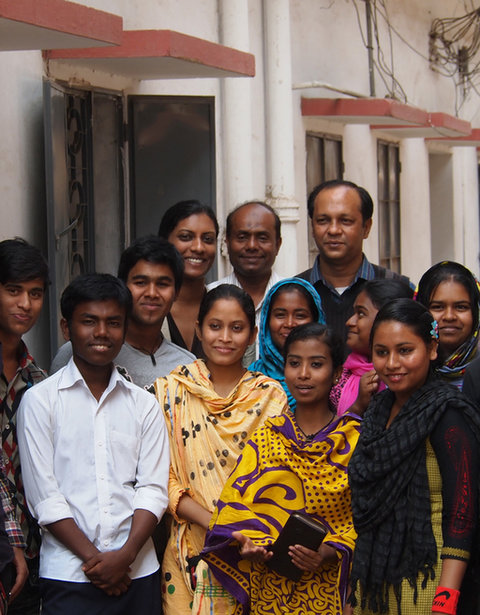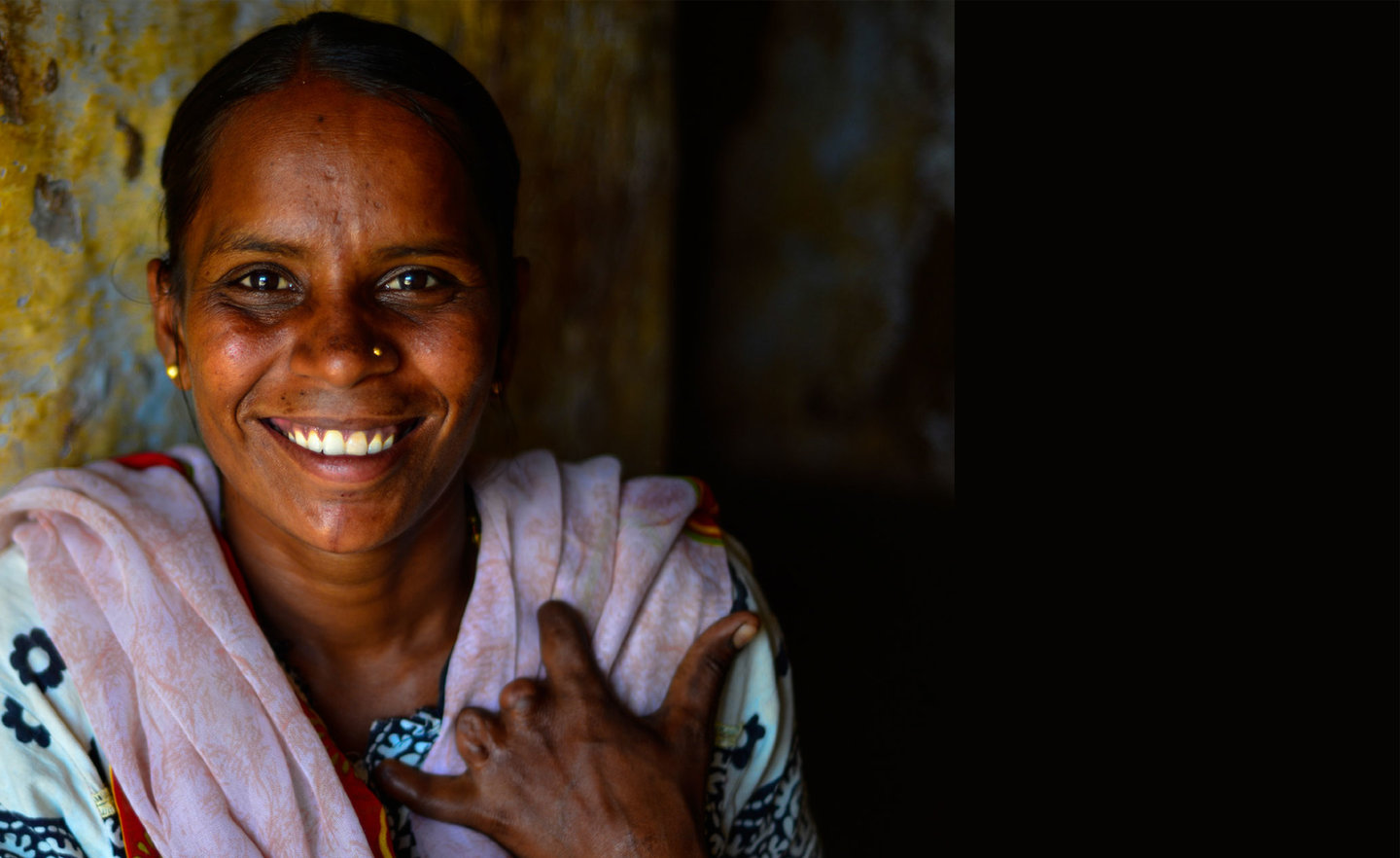Insight
A unified market voice can break down complex, political barriers to change
In October 2017, Brazil’s labour ministry attempted to change the country’s definition of slavery and weaken the hand of labour inspectors. This would have limited new businesses being inserted into the “dirty list”, a list of the companies that have profited from forced labour. In this difficult political context, our partner InPACTO galvanised key players across business and civil society to push the agenda against slavery in Brazil.
InPACTO’s key actions
Unite the key players
InPACTO brought industry associations, businesses and brands together. After making members aware how important making a stand was, more than 50 businesses and 10 industry associations made a joint public statement against the new decree. And together with organisations like Reporter Brasil, InPACTO was able to put pressure on the government to review it.
Open the dialogue
InPACTO helped open the dialogue between business, civil society and the government. Through a series of meetings, those organisations were able to share the most sensitive issues of the dirty list with the government. This was a major breakthrough for business and government dialogue.
Results:
- In October 2017, the superior court judge ruled that the new decree was unconstitutional, and it therefore didn’t pass into legislation.
- In December 2017, the government issued a new decree backtracking on their plans to weaken the definition of slave labour after major pressure from civil society organisations and media.
- Meetings between the government and brands will continue into 2018 to align on the how the dirty list should be assembled.


What we’ve learnt:
To promote and advocate for systemic change, collaboration between civil society, government, and brands is crucial. Aligning the market creates a powerful basis for action. Igniting a conversation where both civil society and business have one clear voice enabled InPACTO to strengthen the agenda against forced labour.
Success story
Advancing media coverage on forced labour and gender justice
Through investigative reporting on forced labour in supply chains, our partnership with Thomson Reuters Foundation raises public awareness of the challenges faced by workers in India. In particular, it shines a light on the abuses that women and girls endure, including gender-based violence, labour exploitation and forced labour. It aims to raise awareness, shift social norms, and ultimately improve policies and practices to prevent those abuses. Credible reporting on these issues provides key actors, including NGOs, businesses and governments, with the evidence base and media spotlight to usher in changes across multiple sectors.
Outcomes of investigative stories in 2017:
- 477 stories reached almost one billion people in 70 countries including the United States, India, Bangladesh, Mexico and Brazil.
- Stories amplified the voices of women and other champions of gender equality, enabling them to share their experiences and perspectives on solutions.
- “Women workers exploited in India’s high-end shoe industry” led to three international shoe brands working with civil society on an action plan to improve working conditions in the leather industry in Ambur.
- A three-month investigation into child deaths in Mica Mines led to an official government probe into child deaths in illegal mica mines. It also resulted in a multinational company automaker cutting ties with suppliers suspected of using child labour.
- "Indian spinning mills under scrutiny after suicide of activist worker" prompted spinning mill management to pay out 600,000 rupees in compensation and a lifetime pension to the worker's family. It also led to the owner of the conglomerate agreeing to allow the women’s union to be part of the grievance mechanism. Given the size of the conglomerate, this will set an important precedent that could influence grievance management in many other factories in the region.


Insight
With the right support, local community organisations can take on state-level advocacy action.
Over the past three years, in partnership with Freedom Fund, we established a hotspot in the state of Tamil Nadu to strengthen the capacities of local NGOs and communities to protect the people most at risk of forced labour. In 2017, Freedom Fund’s local partners worked together to contribute to the government’s efforts to
create a new national anti-trafficking law.
Freedom Fund works closely with 53 local NGO partners across eight states in northern and southern India to amplify their support of communities affected by modern slavery. Last year, these groups came together in an alliance to collectively advocate for stronger protections in the new draft anti-trafficking law.
They sent letters to parliamentarians expressing their support for the bill, as well as highlighting how it could better support the people who have survived trafficking. They used the government’s Sankalp Se Siddhi public website, submitting the second highest number of endorsements for any cause on the website and even went in-person to meet parliamentarians to provide local information.
At the start of 2018, it seemed the bill might not progress. But due to the support garnered, The Union Cabinet, under the leadership of Prime Minister Modi, has confirmed that it intends to table the bill in the monsoon session of Parliament between July and September 2018.
This shows that with the right kind of capacity development and support, organisations that have primarily focused on community service programmes can take on national and state level advocacy, creating strong bottom-up momentum for action.
For more insight into our work with Freedom Fund, see our 2015 and 2016 Annual Reports.